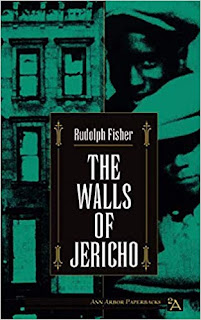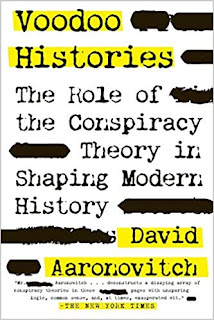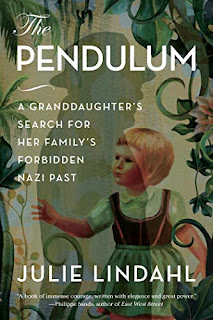Summerbook #5: Four Birds of Noah's Ark

Four Birds of Noah's Ark: A Prayer Book From the Time of Shakespeare, by Thomas Dekker I've never been a big Thomas Dekker fan, because the first thing I read by Dekker was his version of Patient Griselda , which is about as calculated to offend modern sensibilities as it could possibly be, and while I am pretty easygoing about historical perspectives, I would have been just as happy if the Patient Griselda story had never been invented. Apparently I should really read some of his other, less horrifying plays. By all accounts, Dekker was not a particularly religious man, but he did live and breathe in an atmosphere more saturated with religion than we can easily imagine, and he spoke the language of devotion fluently. And in 1608, when plague was ravaging London, he wrote a book of prayer-poems for the people of England. There is something for everyone here. The book is divided into four parts, named after four birds. First, the Dove presents poems for ordinary peopl














